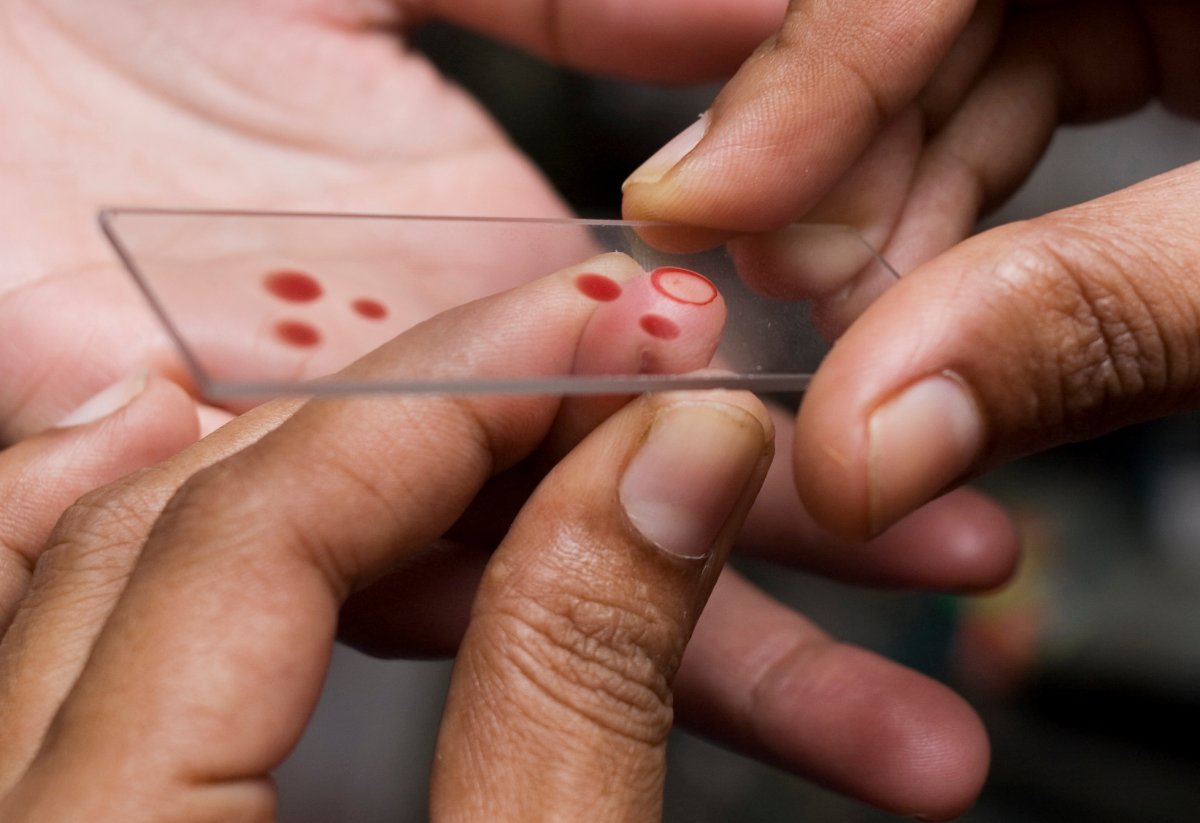There are Pap tests, mammograms and prostate exams and other tools to help us find cancer, but what if a simple blood test could detect and even locate the disease early on?

Scientists out of the University of California in San Diego say they’ve developed a new blood test that could pave the way to the early diagnosing of cancer without having to do invasive procedures like biopsies.
The West Coast researchers say they can detect cancer through blood samples by screening for certain DNA released by dying tumour cells. Right now, it’s “showing promise” for detecting trace amounts of tumour DNA in the blood of cancer patients.
READ MORE: Could a simple blood test predict whether you’ll be alive in 5 years?
When tumours grow and take over parts of the body, they fight with normal cells for nutrients and space, killing them off in the process. As normal cells die off, they shed their DNA into the bloodstream – the researchers hope this is the clue that’ll help them identify the affected areas.
They even zeroed in on a particular DNA signature – called CpG methylation haplotypes – each tissue in the body can be identified by their own unique CpG signature, narrowing down the scope of the affected areas even more.
“We made this discovery by accident. Initially, we were taking the conventional approach and just looking for cancer cell signals and trying to find out where they were coming from. But we were also seeing signals from other cells and realized that if we integrate both sets of signals together, we could actually determine the presence or absence of a tumour, and where the tumour is growing,” study lead author, Dr. Kun Zhang, a bioengineering professor at the University of California, said.
READ MORE: Could this simple test predict your risk of dying in the next five years?
Zhang and the team pulled together a database of all CpG signatures from 10 different areas – liver, intestine, colon, lung, brain, kidney, pancreas, spleen, stomach and blood. They also looked at tumour samples and blood samples from cancer patients to put together a database for cancer-specific genetic markers to pick up on.
In a final step, to measure the test’s accuracy, Zhang screened blood samples from people with and without tumours. Turns out, the test worked like a “dual authentication process” – the scientists screened for CpG and for tumour DNA.
But the blood test is in its infancy.
READ MORE: Online tool calculates when you’ll die based on 4 unhealthy habits
“This is proof of concept. To move this research to the clinical stage, we need to work with oncologists to further optimize and refine this method,” Zhang said.
For now, there are handfuls of tests available to Canadians to screen for various cancers at designated ages.
READ MORE: Important cancer screening tests and when you should get them
Experts say getting screened for cancer, even if you aren’t showing any symptoms is the key to catching cancer early, sometimes before the cancer even starts.
Zhang’s full findings were published Monday in the journal Nature Genetics.
carmen.chai@globalnews.ca
Follow @Carmen_Chai




Comments